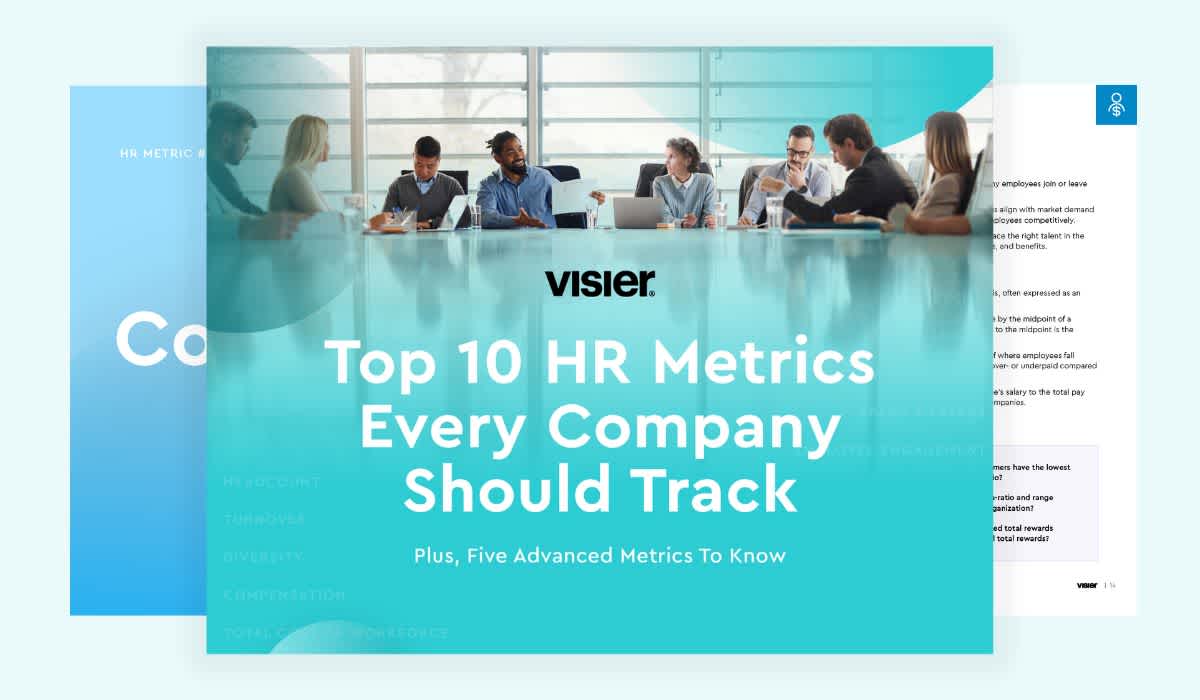What Is CBAM?
The Carbon Border Adjustment Mechanism (CBAM) is one of the elements of the EU Green Deal, a tariff designed to address carbon leakage.

The Carbon Border Adjustment Mechanism (CBAM) is the world’s first measure designed to address “carbon leakage.” It is a tariff placed on carbon intensive products and was formed after several months of negotiations between European Union (EU) Member States and the European Parliament.
The tariff is designed to encourage manufacturers to institute more green, environmentally-friendly processes. It will be levied on imports based on the level of greenhouse gas emissions created in their manufacturing.
According to the Center for Climate and Energy Solutions, carbon border adjustments “are an emerging set of trade policy tools that aim to prevent carbon-intensive economic activity from moving out of jurisdictions with relatively stringent climate policies and into those with relatively less stringent policies.”
What does CBAM do?
CBAM is part of the EU’s efforts to reduce greenhouse gas emissions by 55% from 1990 levels by 2030.
CBAM is focused, at least initially, on companies known for producing high levels of carbon leakage. For instance, according to the World Economic Forum: “iron and steel (including some downstream products such as nuts and bolts), cement, fertilizers, aluminum, electricity and hydrogen (which was recently added because it is mainly produced with coal in non-EU countries).”
How will CBAM be applied?
CBAM will begin in October 2023, initially focused on requiring the reporting of carbon data. In 2026, the tariffs will be put in place. Companies that are unable or unwilling to provide emissions data will face fines.
Importers will be required to purchase certificates on an annual basis which will represent their total embedded emotions of covered goods based on a weekly average auction price. Emissions would be calculated based on already established EU methodologies.
Other countries, including the US, are considering similar policies.
Read more on CBAM and corporate reporting:


